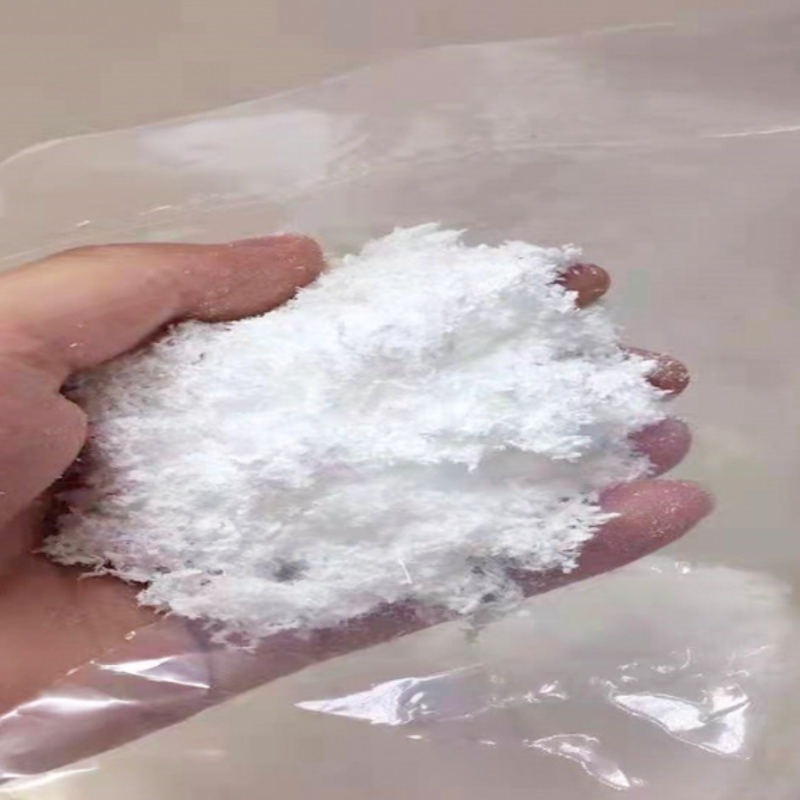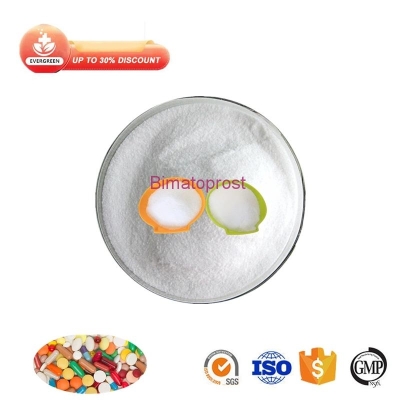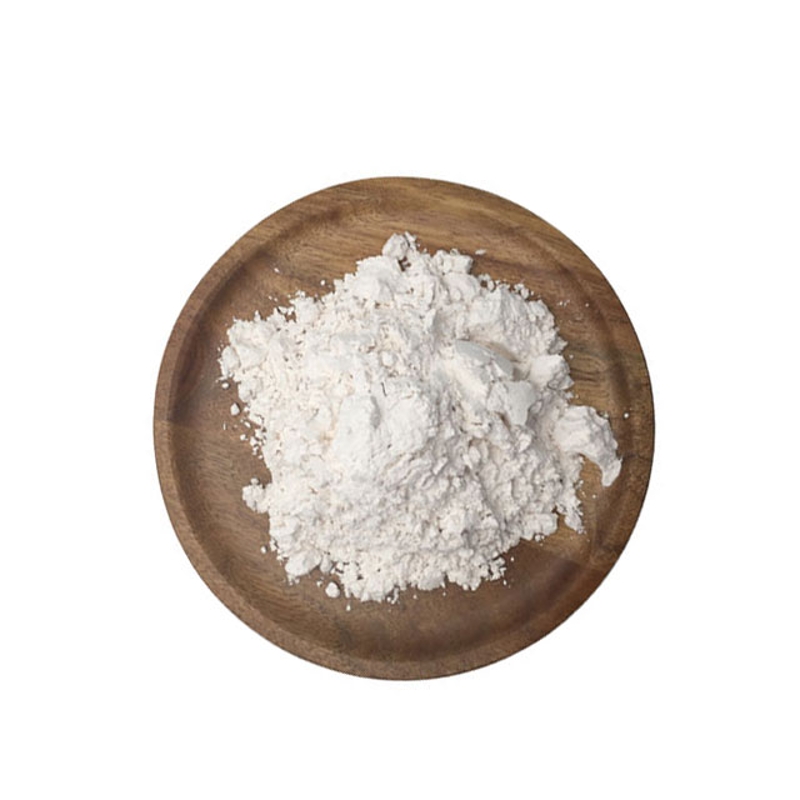-
Categories
-
Pharmaceutical Intermediates
-
Active Pharmaceutical Ingredients
-
Food Additives
- Industrial Coatings
- Agrochemicals
- Dyes and Pigments
- Surfactant
- Flavors and Fragrances
- Chemical Reagents
- Catalyst and Auxiliary
- Natural Products
- Inorganic Chemistry
-
Organic Chemistry
-
Biochemical Engineering
- Analytical Chemistry
- Cosmetic Ingredient
-
Pharmaceutical Intermediates
Promotion
ECHEMI Mall
Wholesale
Weekly Price
Exhibition
News
-
Trade Service
November 3, 2022 /eMedClub News/--The Australian government has provided hundreds of millions of dollars to the Garvan Institute of Medical Research to support gene therapy research
for type 1 diabetes.
According to the press release, the clinical trial is the world's first clinical trial
to transplant engineered islet cells into humans to treat type 1 diabetes.
It is reported that the gene therapy aims to transport the gene that makes A20 to the donor islet cells through the GARV-AAV2-A20 virus delivery system, and then transplant it into the patient to achieve the purpose
of treatment.
Produces normal islet cells that are not immune rejected
Type 1 diabetes is an autoimmune disease characterized by hyperglycemia due to absolute insufficiency
of insulin.
The disease is often first diagnosed in childhood and adolescence, with around 125,000 Australians living with the disease
.
High blood sugar can lead to diabetic ketoacidosis, which over time can lead to complications
such as kidney/kidney failure, eye disease (including blindness), heart disease, stroke, nerve damage, and even death.
The cause of the disease is not yet fully understood, and existing studies suggest that the disease is mainly caused
by immune-mediated destruction of pancreatic β cells.
Islet β-cells are the precise sensors of human blood sugar, and once the islet β-cells are destroyed, the body will lose the regulation of blood sugar, which will cause blood sugar to rise
.
If left untreated, nerve and blood vessel damage
may occur.
Insulin therapy currently commonly used in clinical practice may cause hypoglycemia, which can lead to seizures and loss
of consciousness.
While donor islet cells are transplanted into patients, although the patient's dependence on insulin is reduced, islet cell transplantation requires two to three injections, and the effectiveness of the transplanted islet cells usually fades
within five years.
In addition, immunosuppressants are needed to help reduce the risk of rejection, but this can leave patients vulnerable to serious side effects, including infection and kidney damage
.
Gene therapy is expected to fundamentally treat the disease, and the gene therapy used in this trial is designed to create pancreatic islet cells that function normally and do not produce immune rejection, thereby avoiding immune rejection and multiple treatments
.
The key protein A20 regulates the body's immune system
The lead investigator of the trial, Professor Grey, and his team found that a protein called A20 is involved in the development of autoimmune diseases and has a regulatory effect
on the human immune system.
Professor Gray said: "A20 is like a regulator of the immune system, which can suppress the function of the immune system and also make the immune system more aggressive, for type 1 diabetes, we can suppress the body's immune system through A20 to stop its damage
to islet cells.
”
To design islet cells with high expression of A20, Professor Gray and team developed a viral delivery system called GARV-AAV2-A20, which transports the genes that make A20 into donor islet cells and then begins to produce high levels of the A20 protein
.
Preclinical trials have shown excellent results
In mouse models, genetically engineered islet cells with high expression of the A20 protein have an 80-100% islet transplant survival rate without severe immunosuppressive efforts
.
Further studies of pig and human cells have shown that A20 genetically engineered islet cell transplantation is safe
.
In addition, A20 not only suppresses the immune system, but also helps the immune system recognize donor islet cells
.
Professor Grey said: "Genetically engineered cells appear to regulate the entire immune system and avoid rejection by modulating
.
This is a very amazing finding, and we've been working on this research for 20 years and now seeing the translations it achieves are amazing
.
”
Production of GARV-AAV2-A20 will begin in the coming months and patients will be recruited
at the Royal Adelaide Hospital in mid-2024.
Innovative treatments that promise to cure type 1 diabetes at its source
In addition to gene therapy, stem cell therapy is also expected to treat diabetes from the source, and companies have made good results
.
For example, Vertex Pharmaceuticals' VX-880, a fully differentiated islet cell therapy derived from allogeneic stem cells, has the potential to restore the body's ability to
regulate glucose levels by restoring islet cell function, including glucose-responsive insulin production.
VX-880 is administered via hepatic portal vein infusion and needs to be used in combination with chronic immunosuppressive therapy to protect islet cells from immune rejection
.
Baiji Biotech is recruiting senior scientists, salary negotiable, click to view >>>
In June, Vertex presented new data
from the VX-880 Phase 1/2 clinical trial at the 82nd Scientific Meeting of the American Diabetes Association.
The data showed that both patients in Part A of the study achieved glucose-responsive insulin production, improved glycemic control, and reduced the need for
exogenous insulin.
In diabetes management, the time-in-range of glucose is an important clinical indicator that reflects how long
a patient's blood glucose level persists within a defined range.
The recognized American Diabetes Association (ADA)/European Association for the Study of Diabetes (EASD) time in the glucose target range (blood glucose between 70 and 180 mg/dL) is 70%.
Compared with baseline, the time in the glucose target range at day 270 increased from 40.
1% to 99.
9% without insulin dependence in patient 1, and from 35.
9% to 51.
9% at day 150 in patient 2, reducing exogenous insulin use by 30%.
In terms of safety, VX-880 was well tolerated, with most adverse events being mild or moderate.
Resources:
1.
style="margin: 0px 16px;padding: 0px;clear: both;min-height: 1em;color: rgb(51, 51, 51);font-family: mp-quote, -apple-system-font, BlinkMacSystemFont, "Helvetica Neue", "PingFang SC", "Hiragino Sans GB", "Microsoft YaHei UI", "Microsoft YaHei", Arial, sans-serif;font-size: 17px;font-style: normal;font-variant-ligatures: normal;font-variant-caps: normal;font-weight: 400;letter-spacing: normal;orphans: 2;text-align: justify;text-indent: 0px;text-transform: none;white-space: normal;widows: 2;word-spacing: 0px;-webkit-text-stroke-width: 0px;text-decoration-thickness: initial;text-decoration-style: initial;text-decoration-color: initial;max-width: 100%;line-height: normal;overflow-wrap: break-word !important;box-sizing: border-box !important;">
——List of recent popular events——
November 8, HCP residual risk and control
On November 9, nucleic acid drug process development new technology







